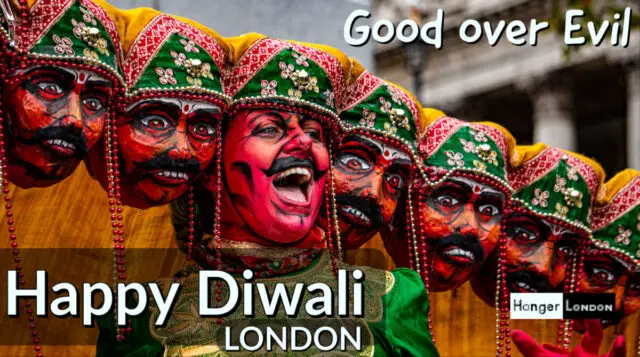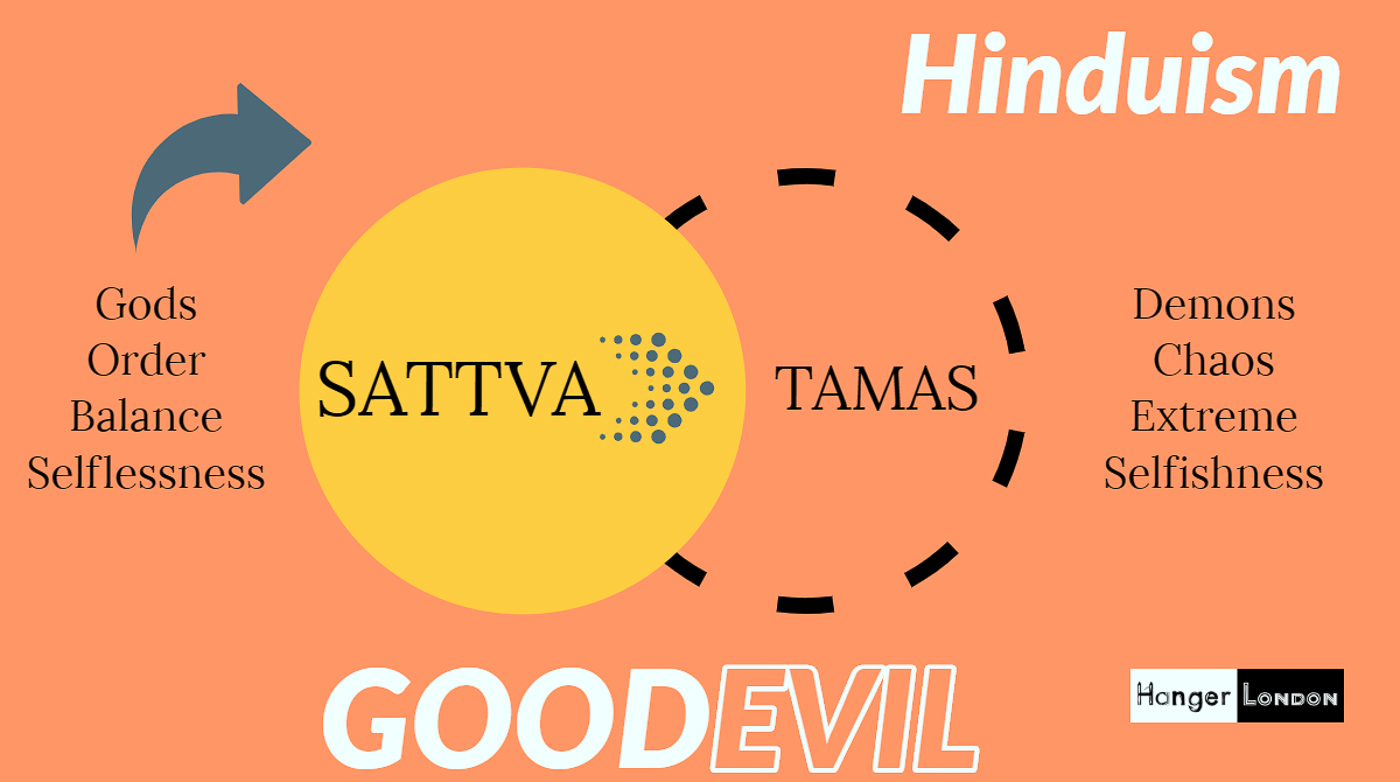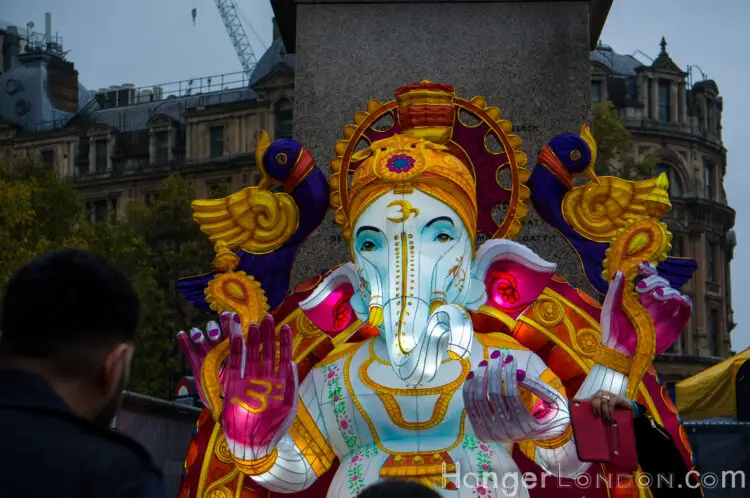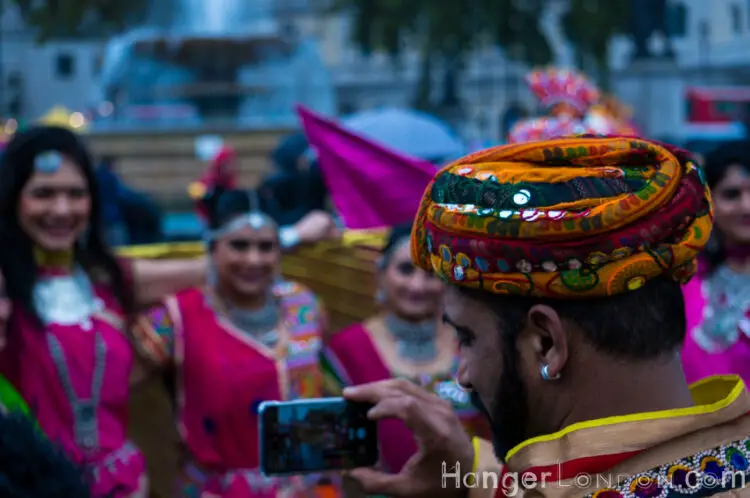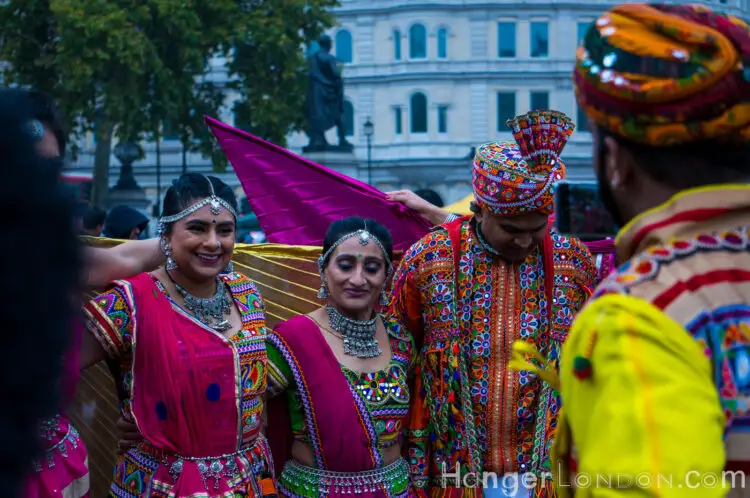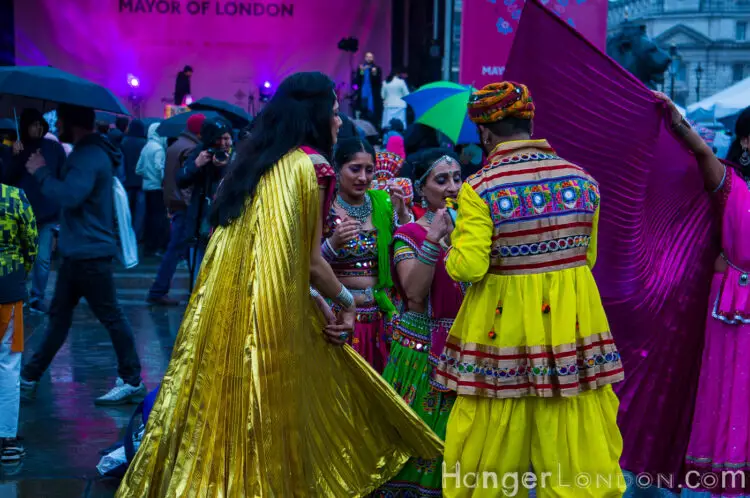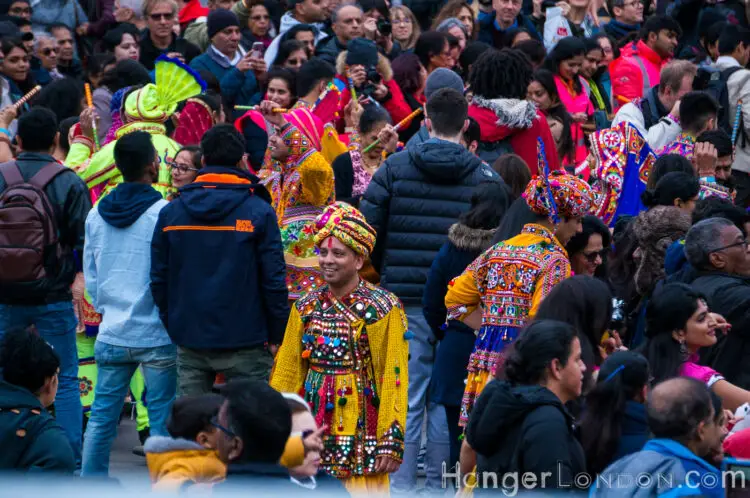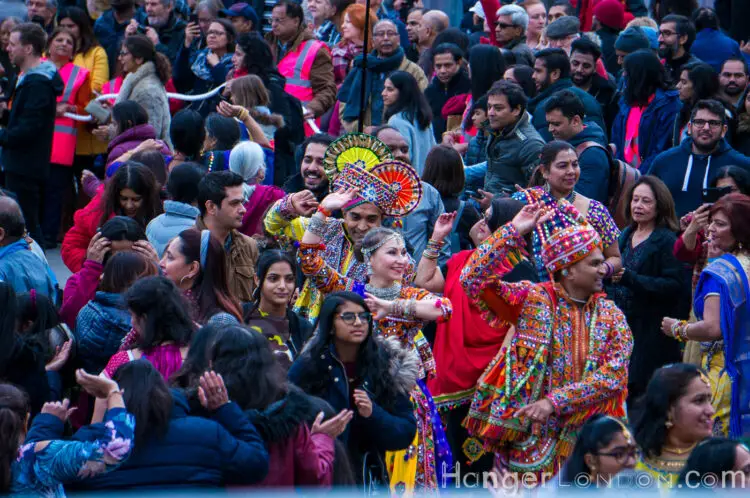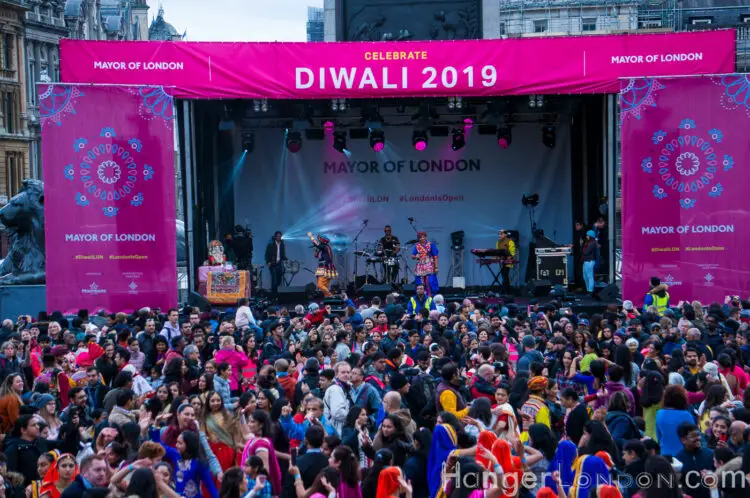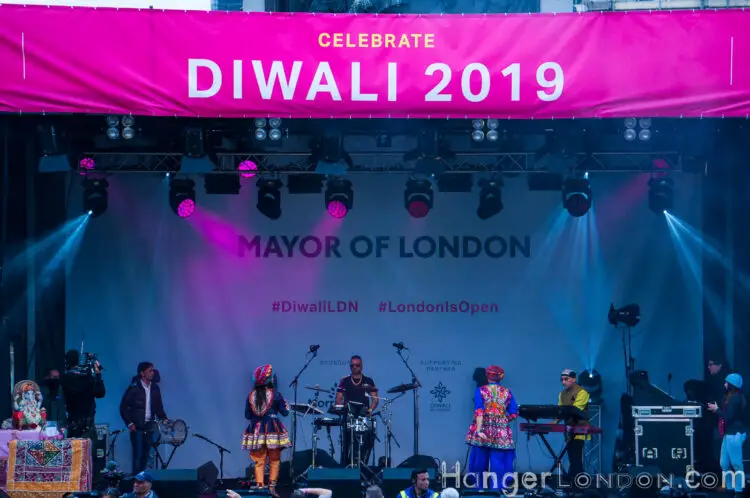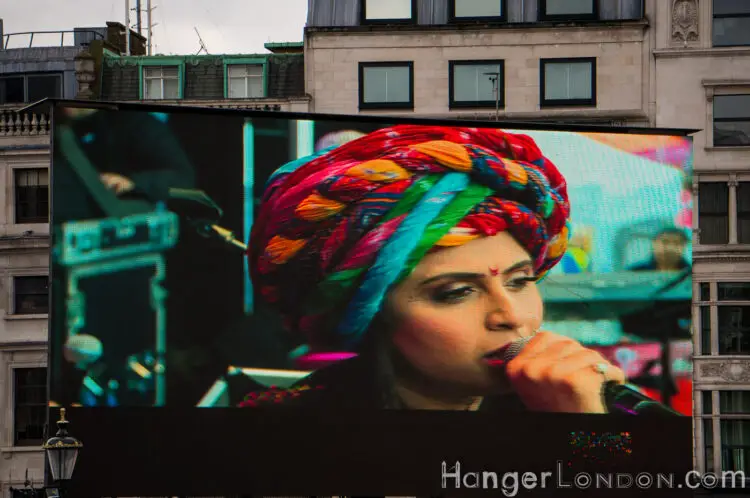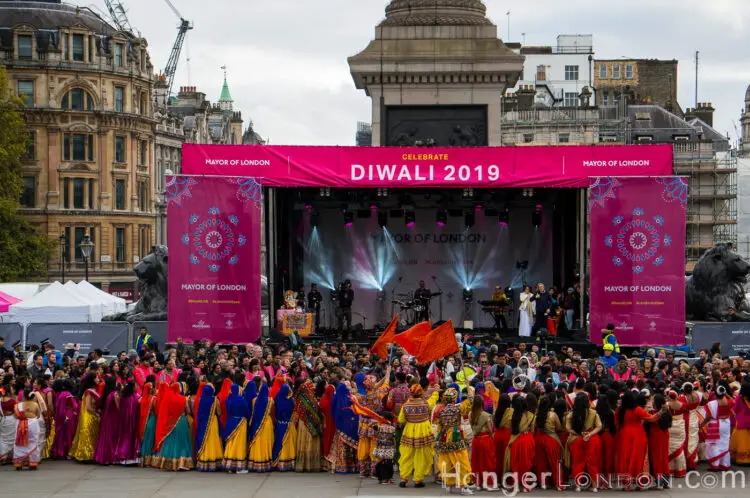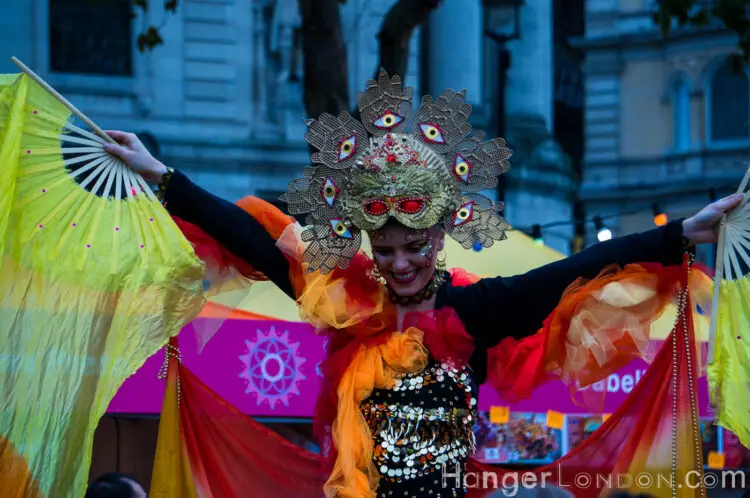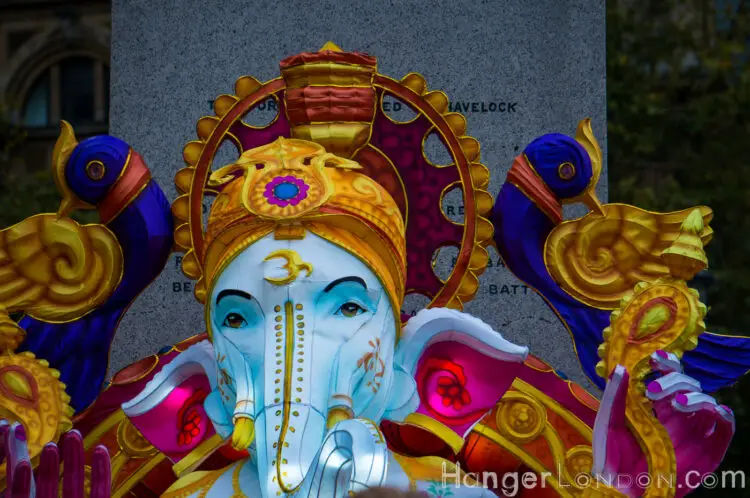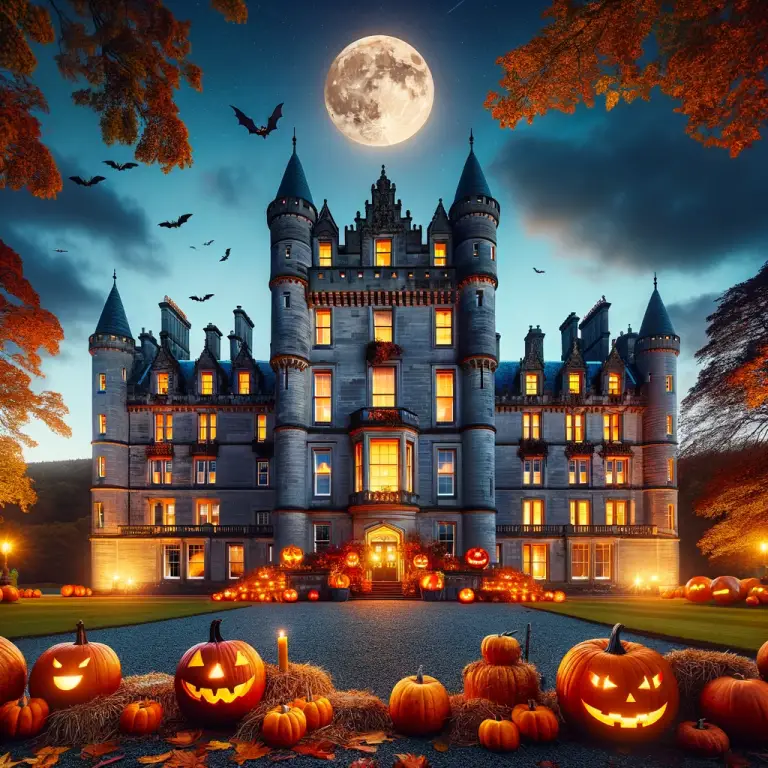So what exactly is Diwali
Diwali marks the triumph of good over evil.
According to Hindu mythology, the Hindu God Rama returned from a 14-year exile and defeated the evil God, Ravana. During those 14 years of exile, it said the people were in a dark place.
When Rama returned, the people had started spring cleaning, the dawn of a new beginning, lighting lamps, fires, and candles. The festival of light, as it became to celebrate the goodness of light overcoming the evil of darkness.
It is very much a time for giving and exchanging gifts, redecorating homes and even buying new cloths.
What does Diwali mean for Sikhs
Diwali for Sikhs is an important time for celebration, as they celebrate the release from prison, in 1619 the 6th Guru Hargobind along side 52 other princes.
The fourth Mughal Emperor Jahangir, who ruled from 1605 to 1627, was asked to release Hargobind and the princes. He agreed with one catch, only those princes that could hold his cloak tail would be permitted to walk from prison free. The Guru Hargobind, had a cloak made with 52 pieces of string attached, therefore allowing all the princes a path to freedom.
What does Diwali mean for Jains
For those unfamiliar with the ancient religion of Jainism, Jainism teaches us that the way towards a life of liberation and bliss is to follow a life of harmlessness and renunciation.
Diwali is an important time for Jainism as it marks the anniversary of Nirvana, the doctrine and goal of salvation or liberation of Mahavira’s soul, Jainism celebrate the 24th Tirthankar of Jainism 2,500 years ago
Where does the name Diwali come from
The name Diwali comes from the Sanskrit word Dipavali, which meaning translates to a row of lights. Diwali is after all, known as the festival of light.
During the Festival, shops, houses, and other spaces are decorated with small lantern lights called Diyas. These lamps are arranged in rows and where traditionally fuelled with mustard oil.
When is Diwali
Diwalia takes place between October and November each year and is decided by the Hindu Lunar Calendar. The Diwali destivities begin, 2 days befor the new moon or dark moon (Ashwina) and ends on the second day of the lunar month (Kartika)
Put these Diwali dates in your calendar now – 2020 to 2030
| 2020 | November 14 | Saturday |
| 2021 | November 4 | Thursday |
| 2022 | October 24 | Monday |
| 2023 | October 12 | Sunday |
| 2024 | November 1 | Friday |
| 2025 | October 21 | Tuesday |
| 2026 | November 8 | Sunday |
| 2027 | October 29 | Friday |
| 2028 | October 17 | Tuesday |
| 2029 | November 5 | Monday |
| 2030 | October 26 | Saturday |
Sights and Sounds from Diwali 2019 celebrations in London’s Trafalgar the year before Covid-19
Sites and sounds from Diwali celebrations in London, pre covid-19 times. Remember the Good will triumph over evil

